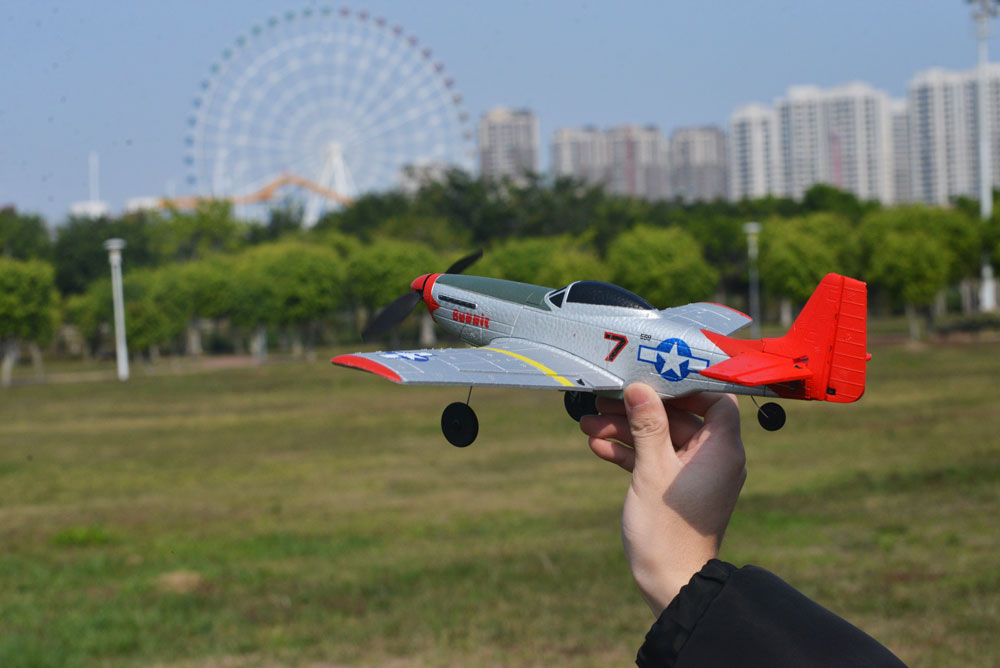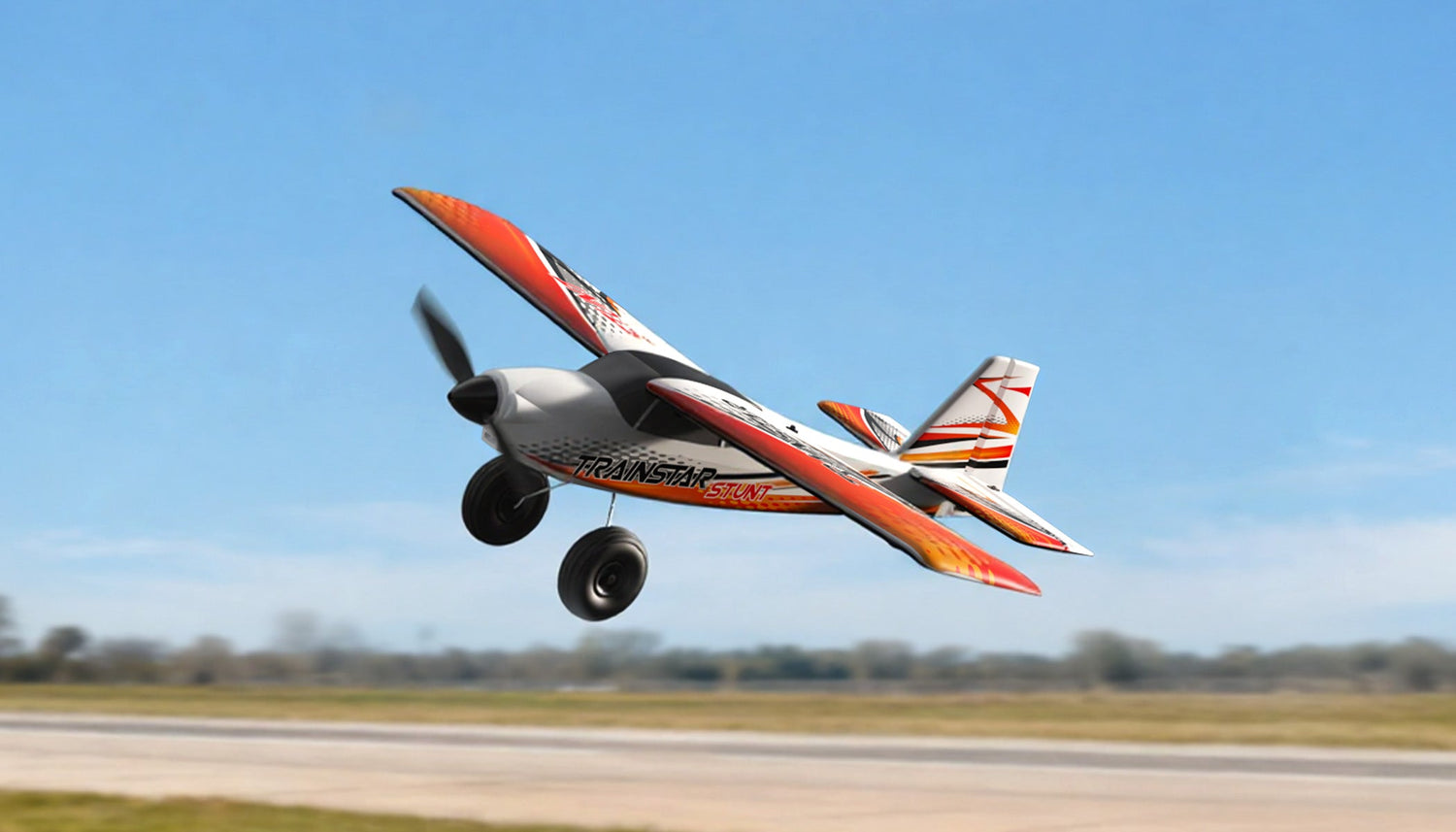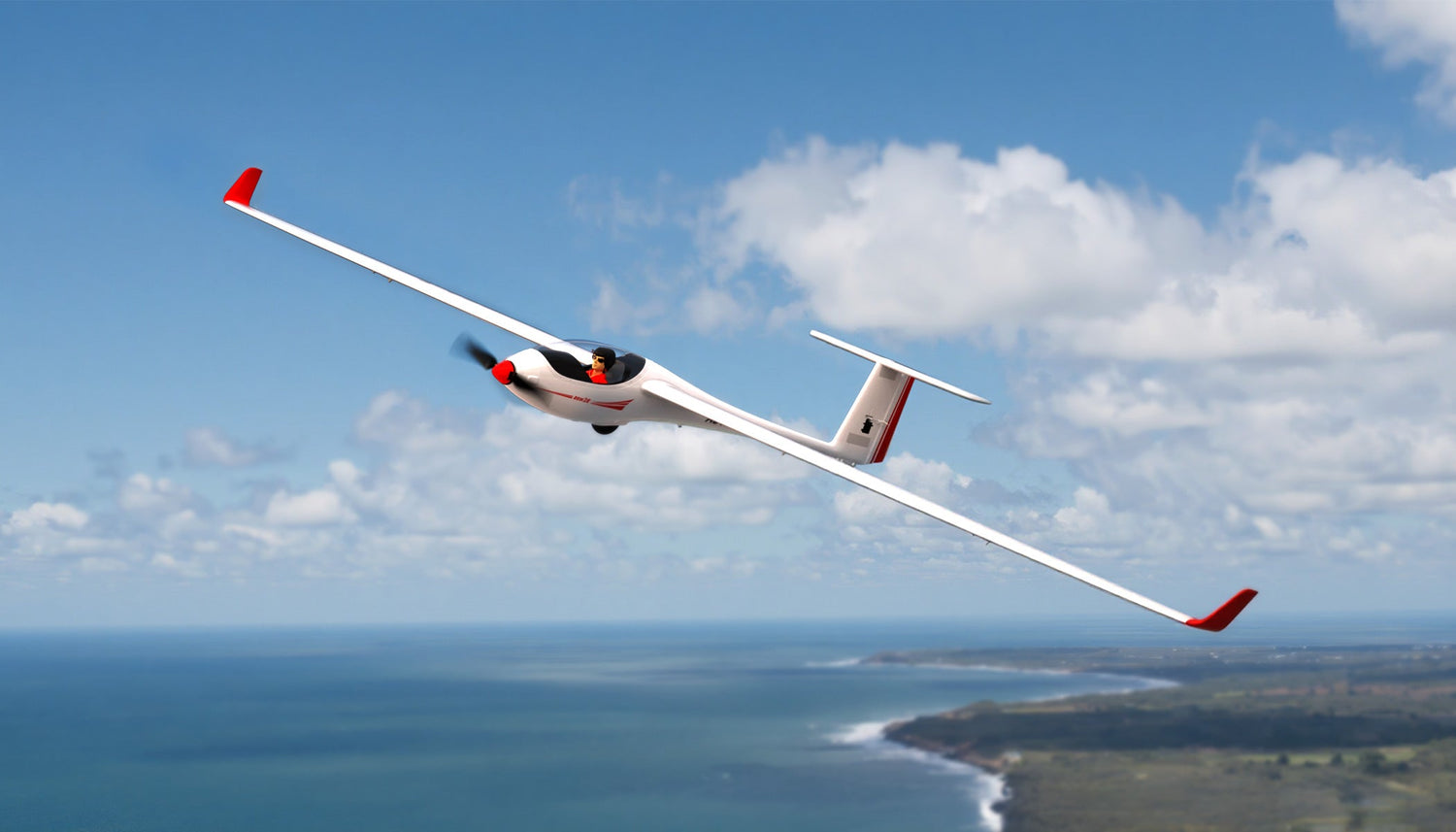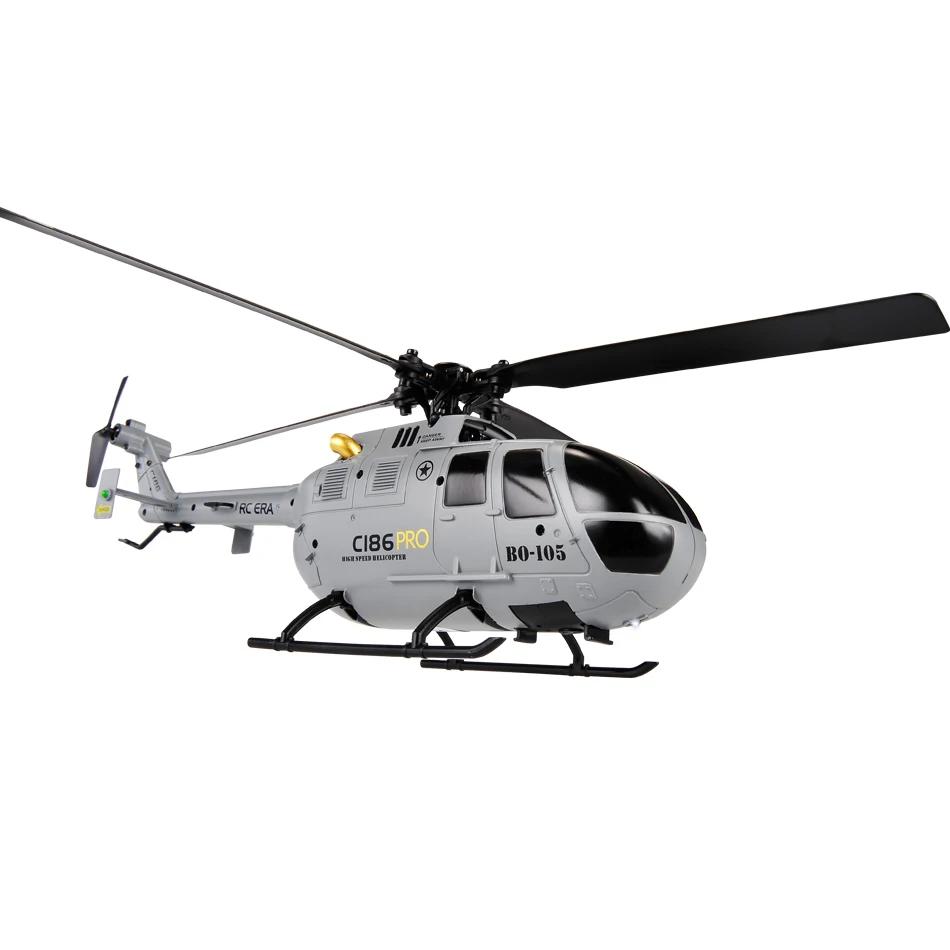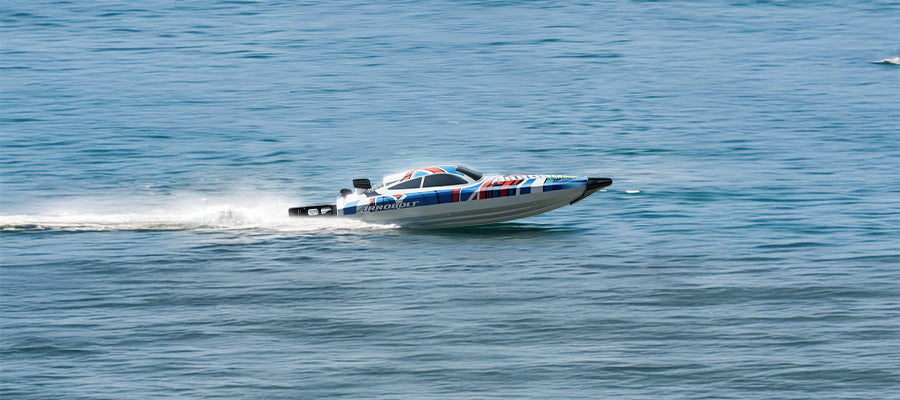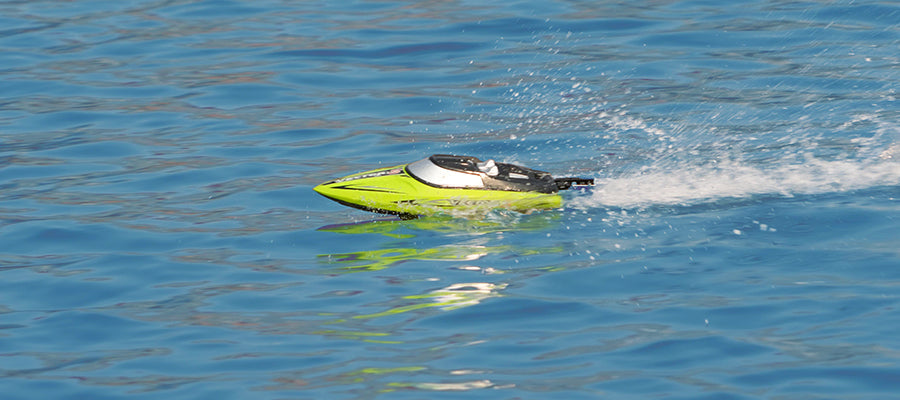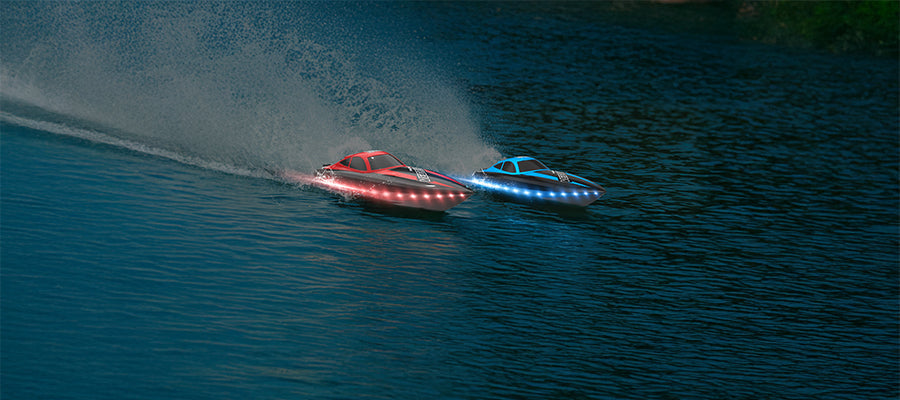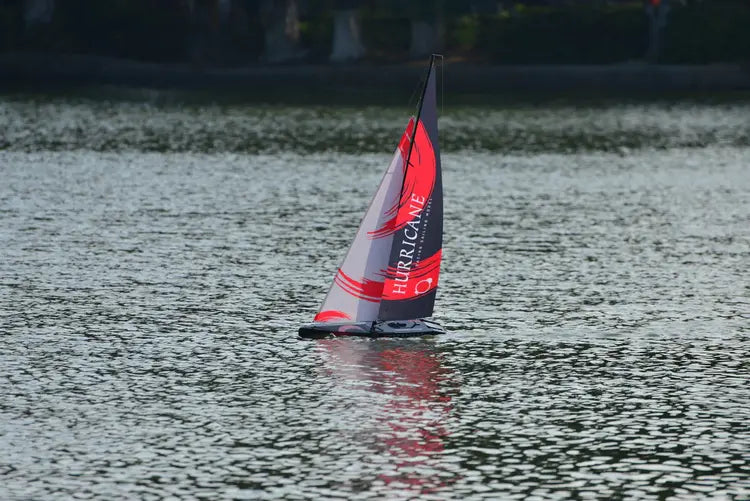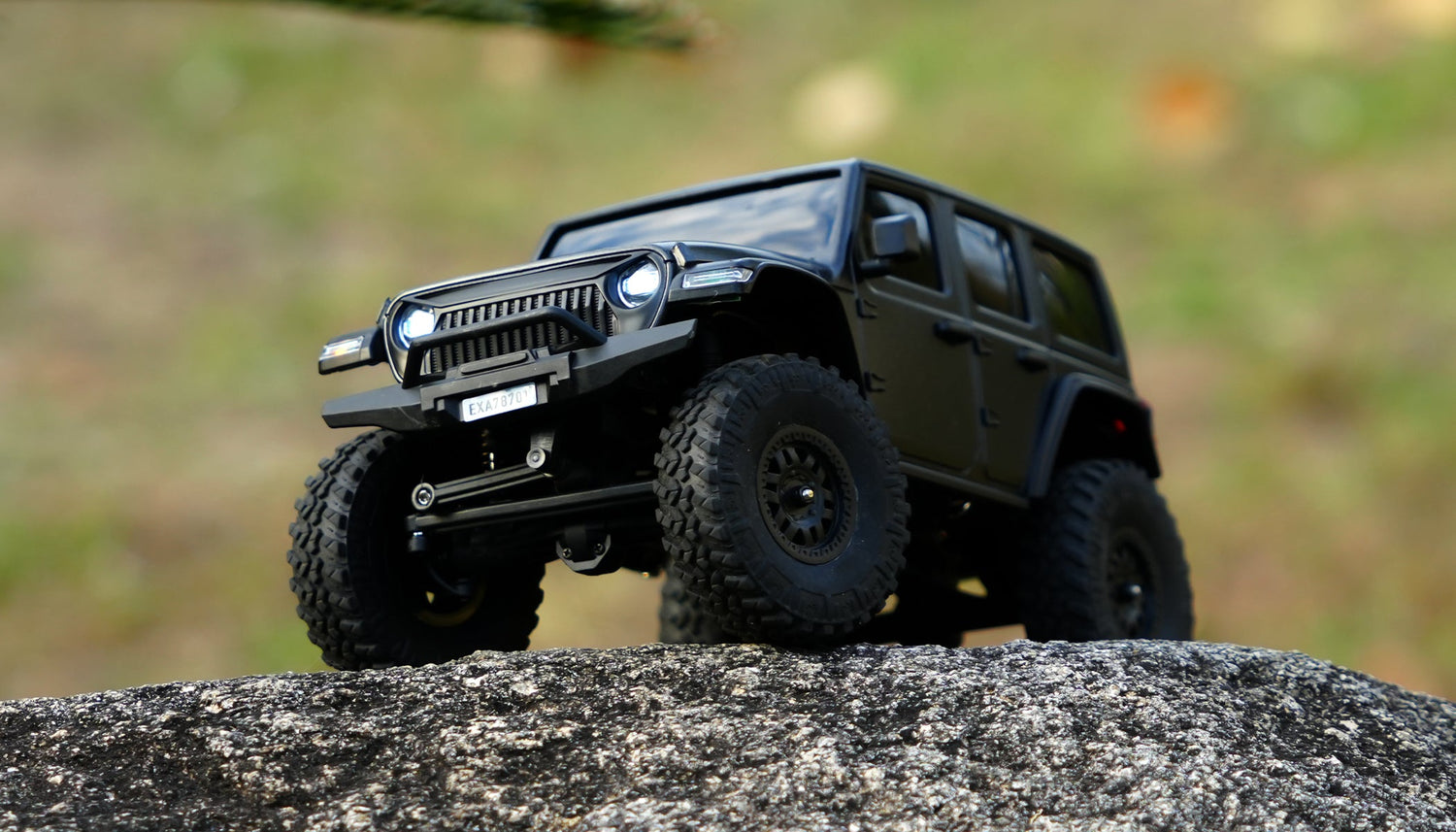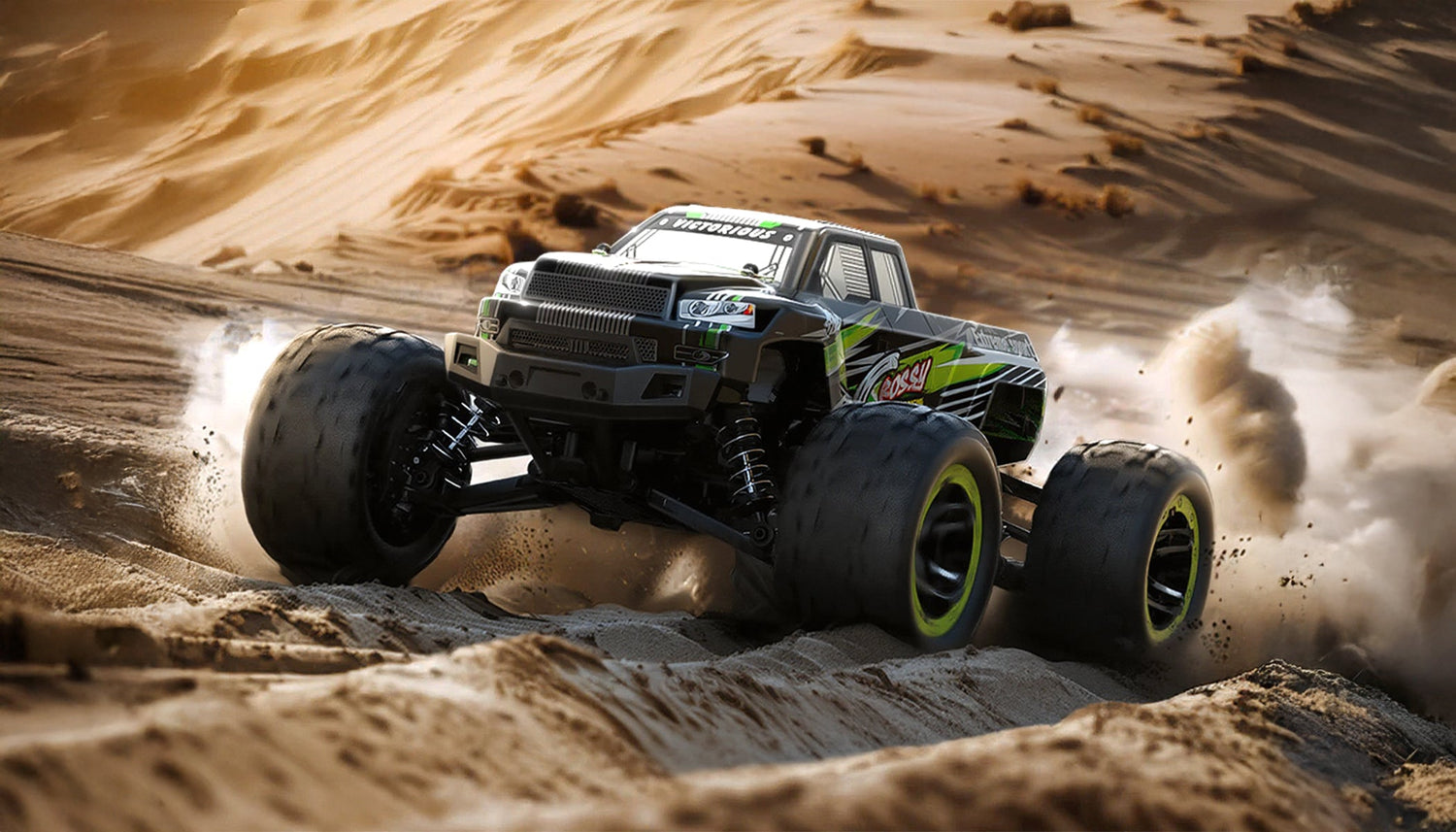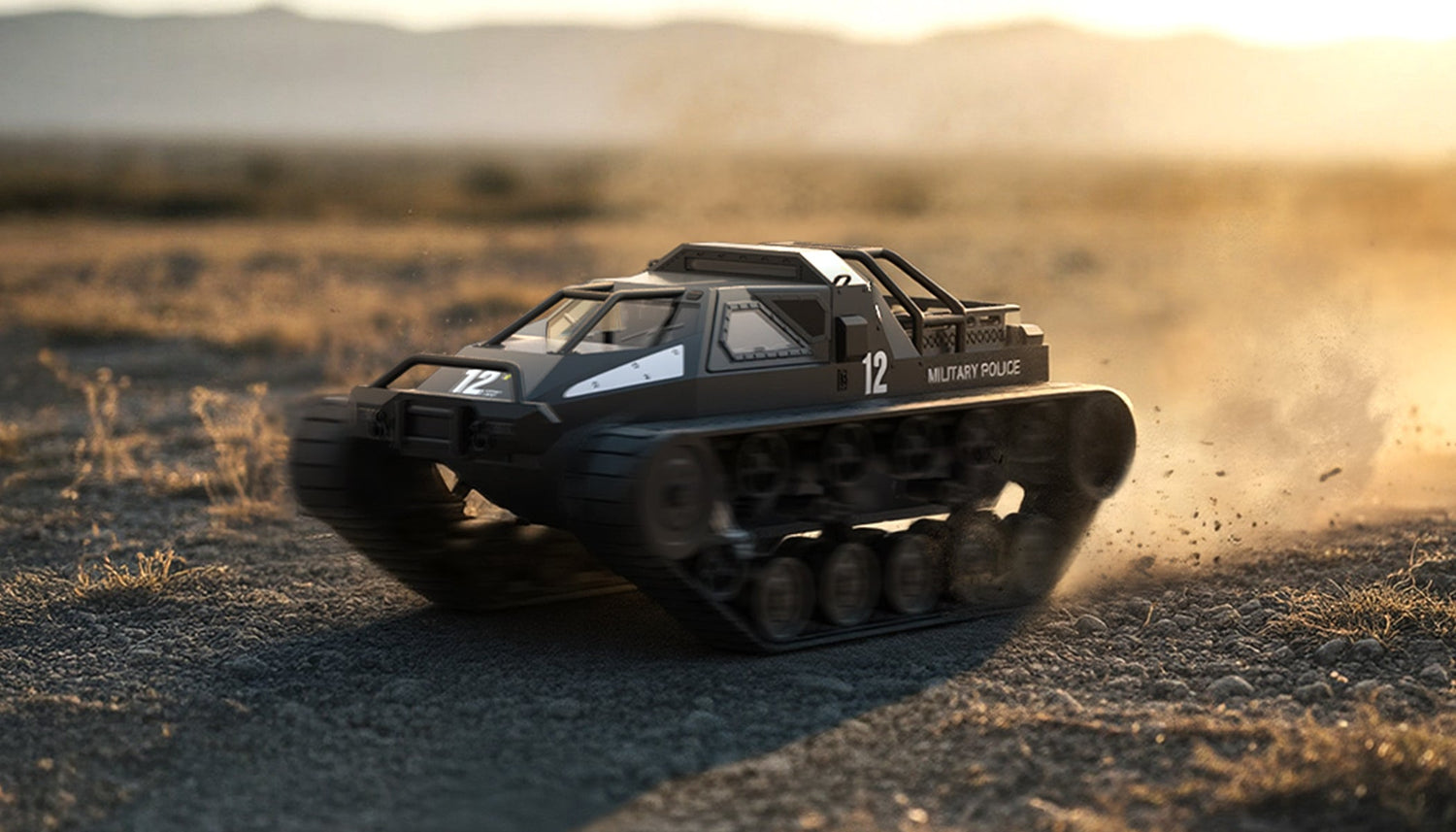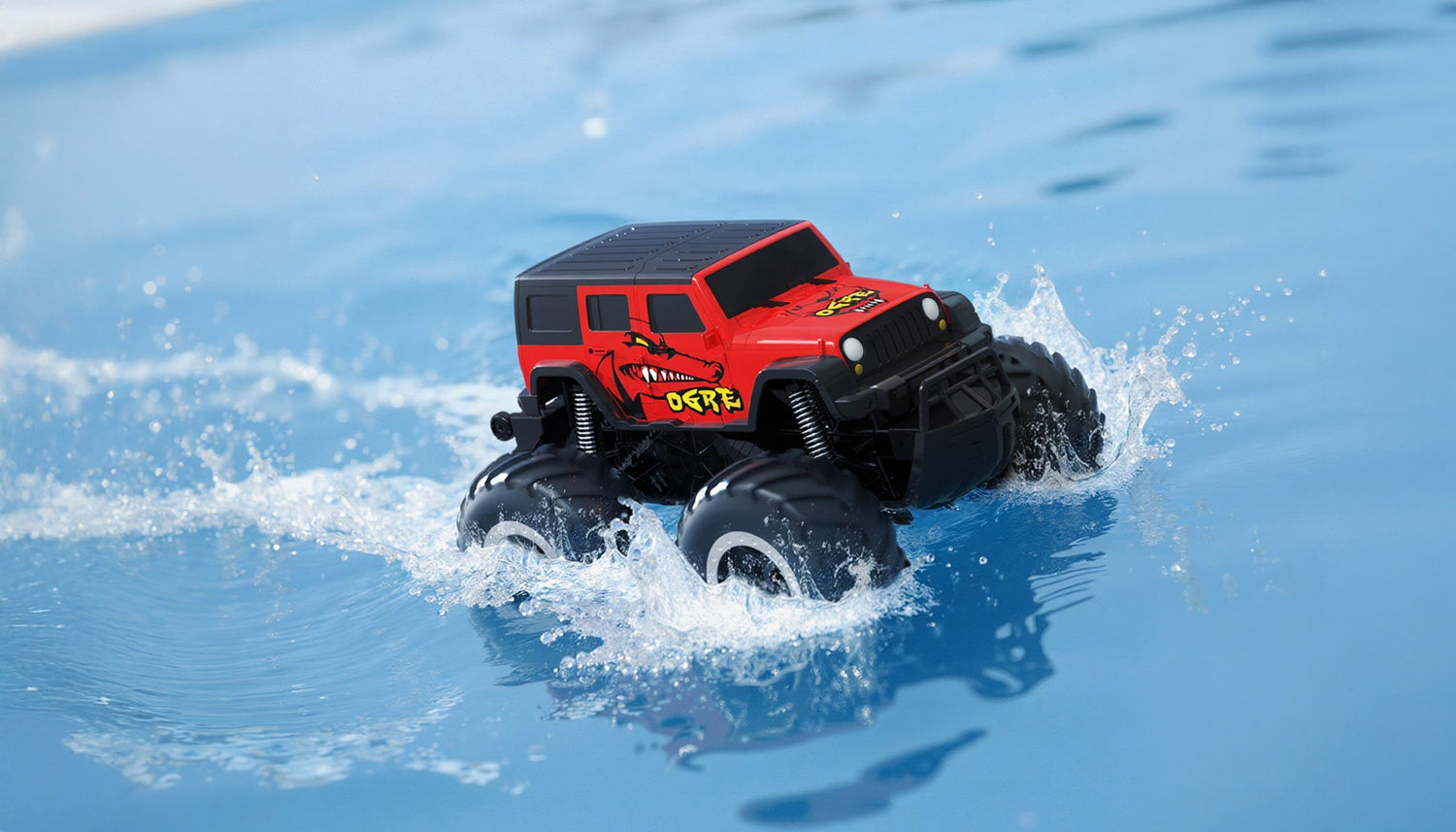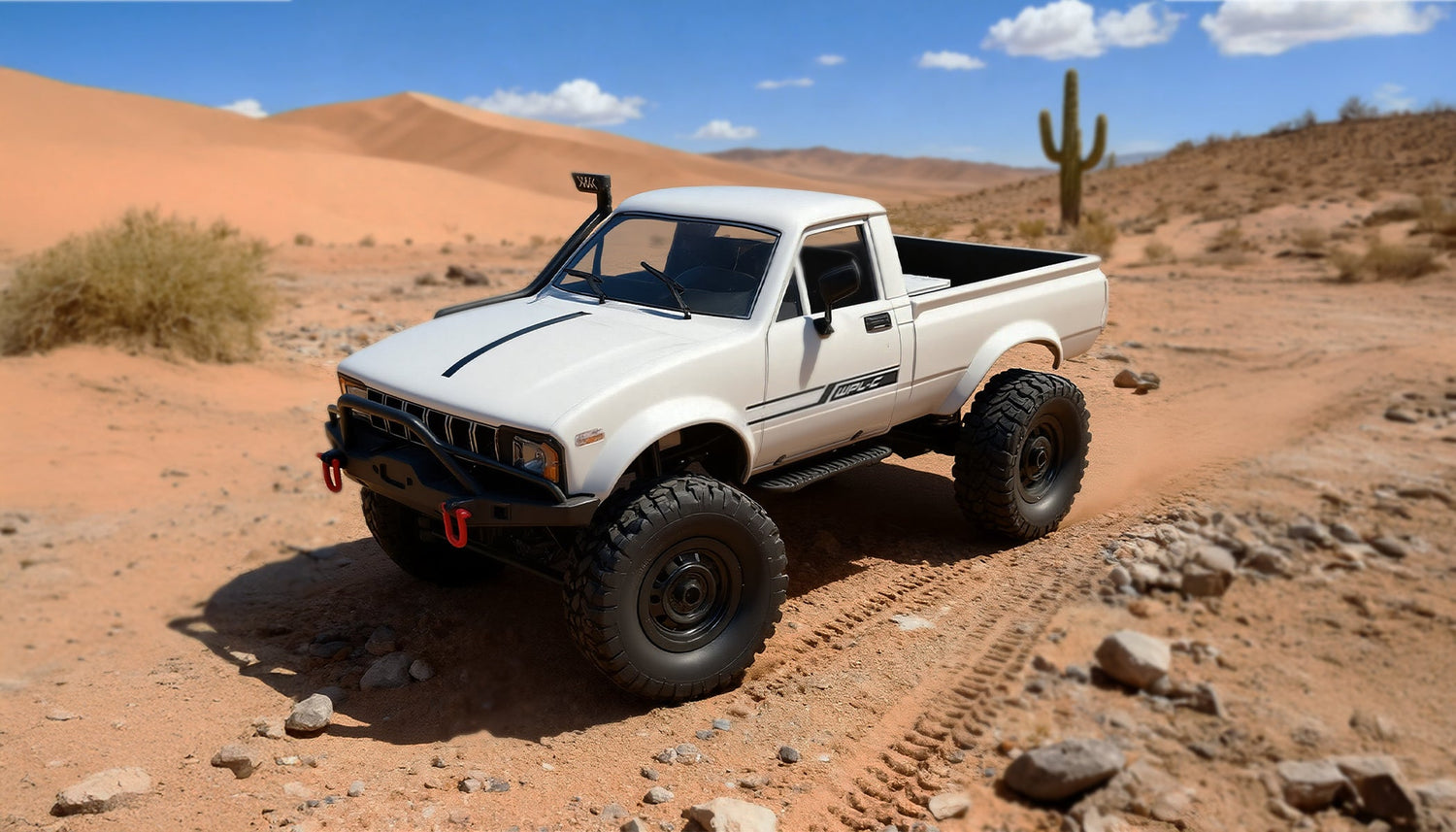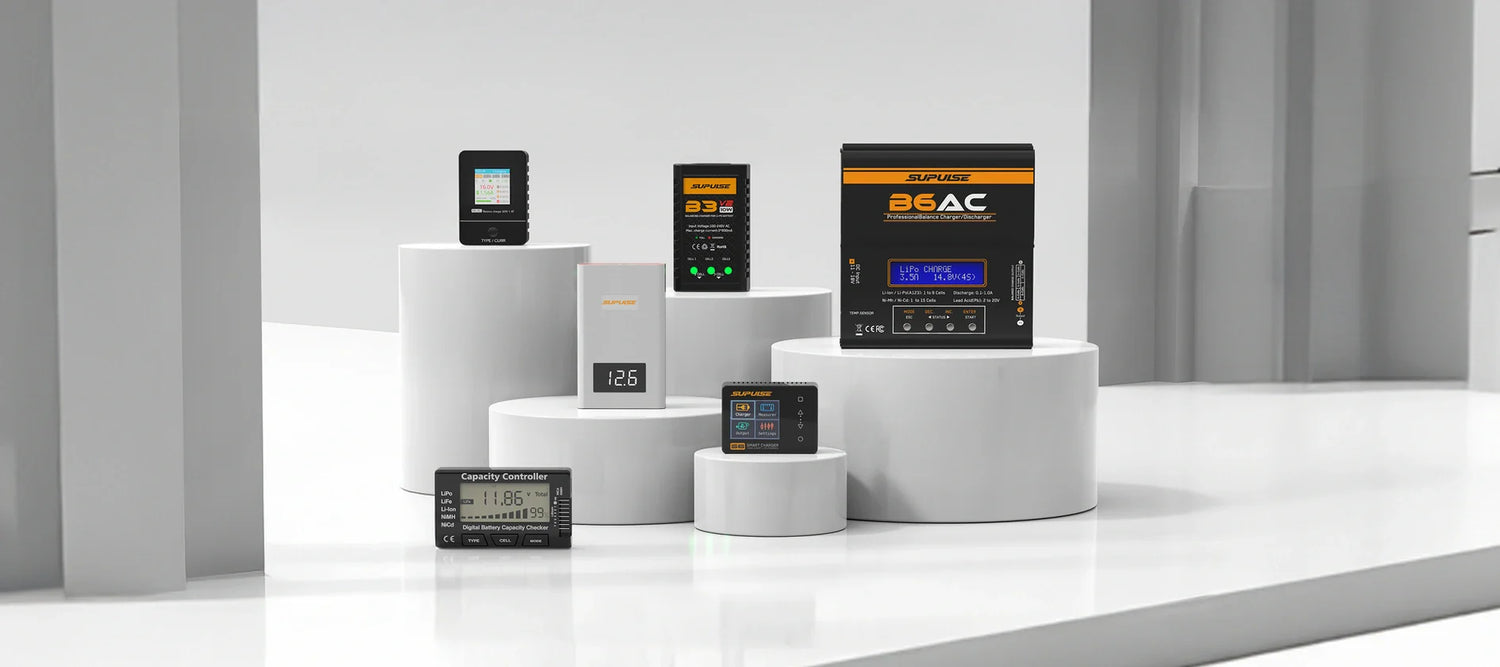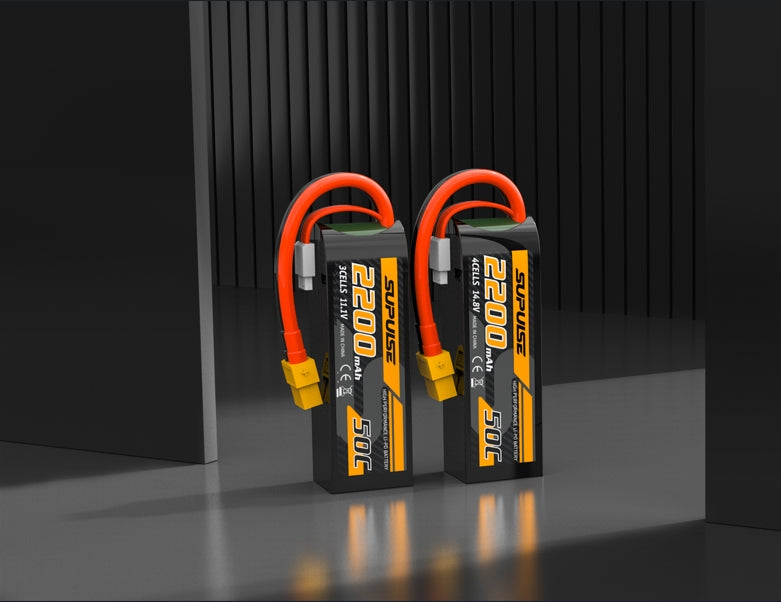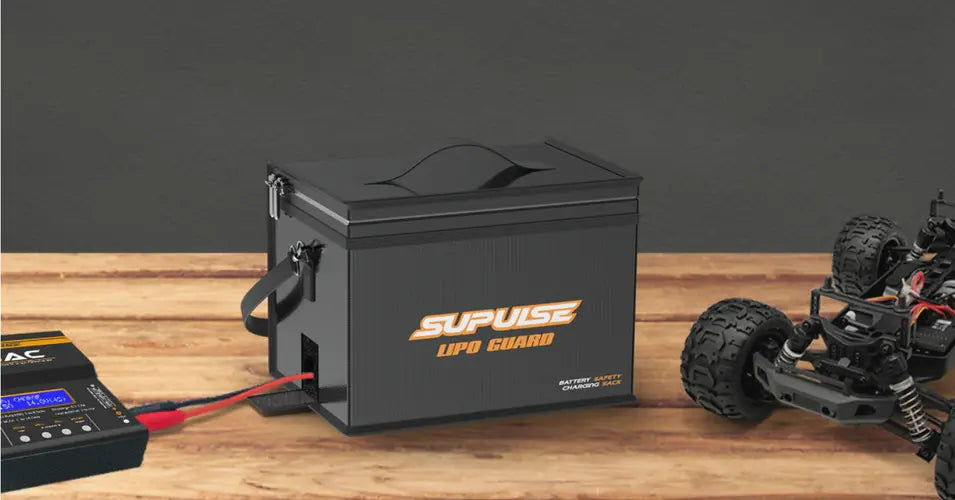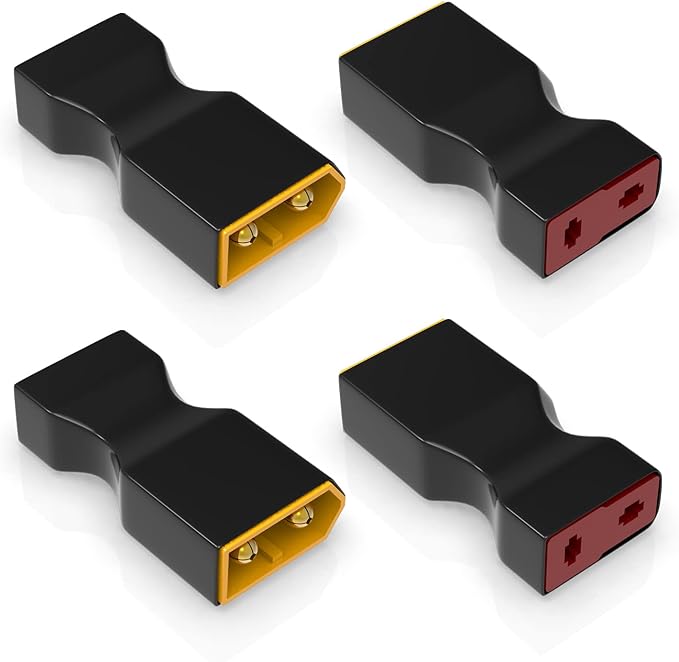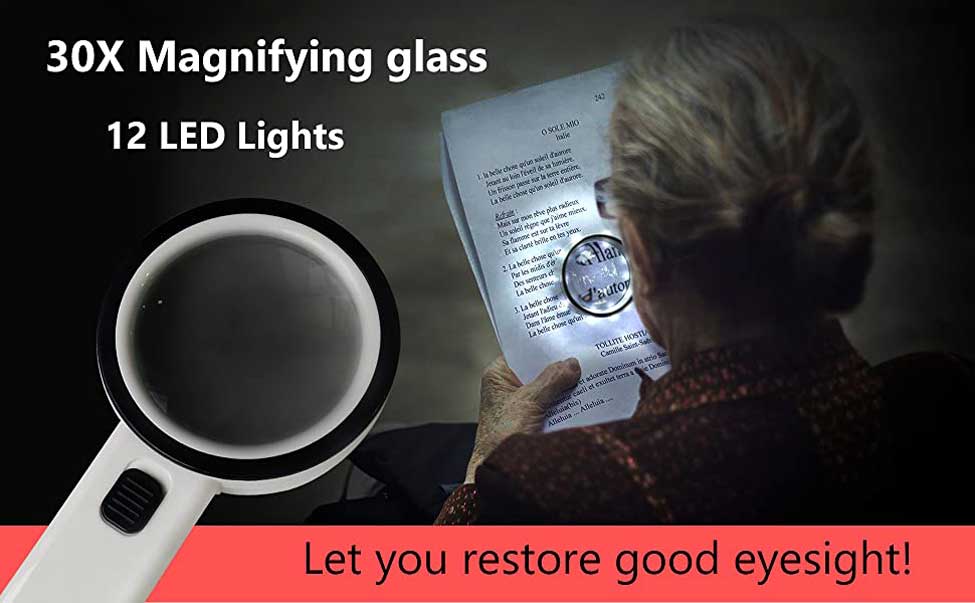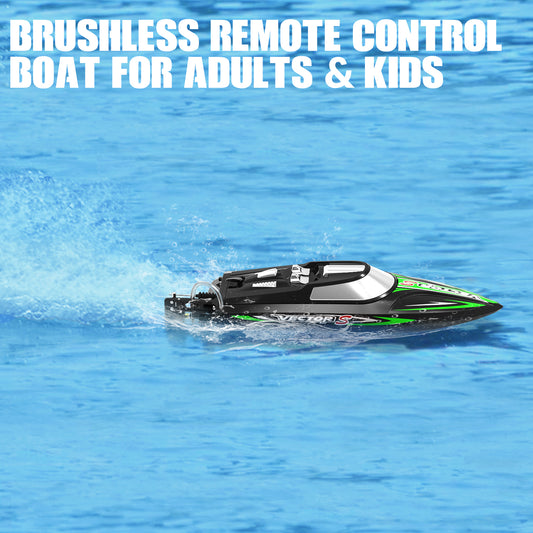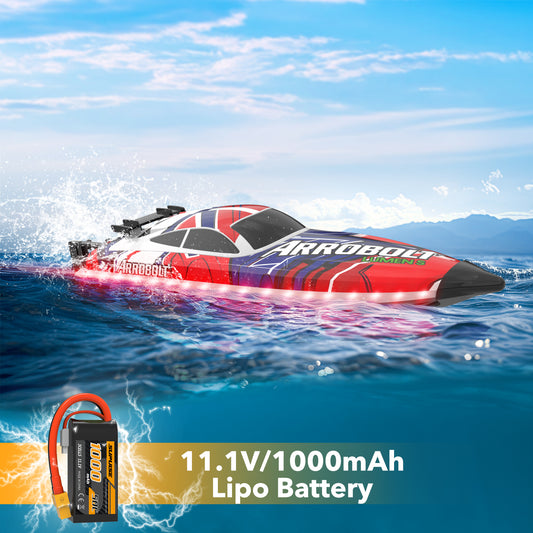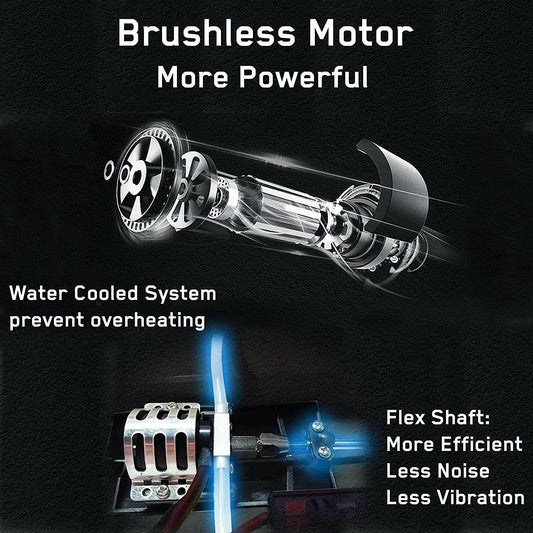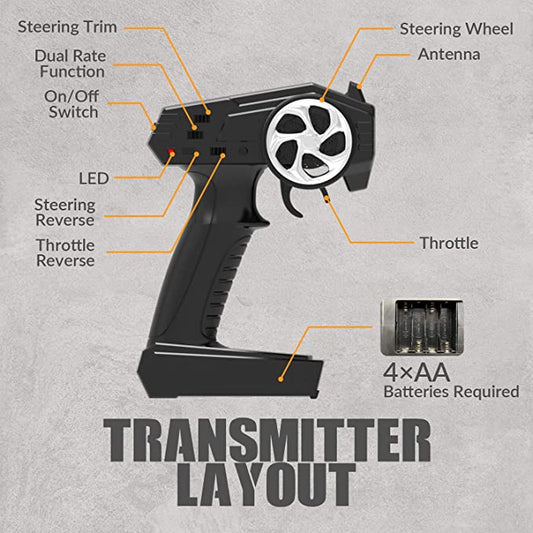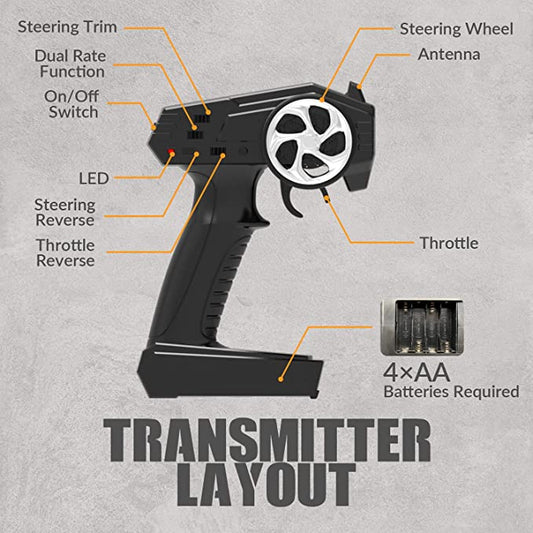Filter:
14 products
VOLANTEXRC VectorS Brushless 30mph High Speed RC Boat for Lake Racing Self Righting Feature
![VOLANTEXRC Vector S High-Speed RC Boat with Self-Righting & Reverse Function for Pool & Lake (797-4 Brushless).]()
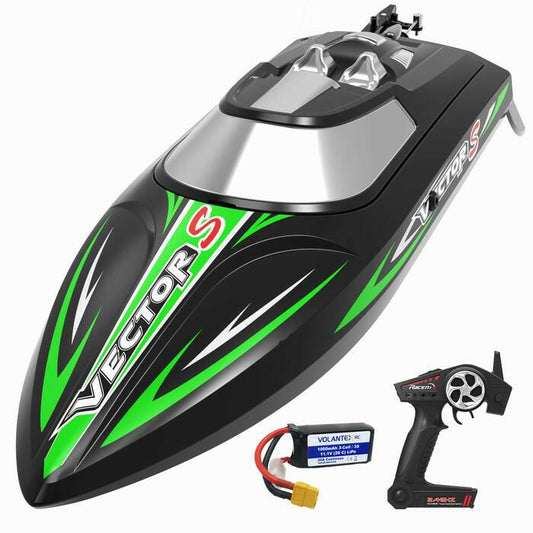
VOLANTEXRC VectorS Brushless 30mph High Speed RC Boat for Lake Racing Self Righting Feature
Regular price
$87.99
Sale price
$87.99
Regular price
$109.99
VOLANTEXRC Arrobolt Lumen S Brushless 35+MPH Fast RC Boat for Lakes RED (79706)
![VOLANTEXRC Arrobolt Lumen S Brushless 35+MPH Fast RC Boat for Lakes RED (79706)-EXHOBBY LIMITED.]()
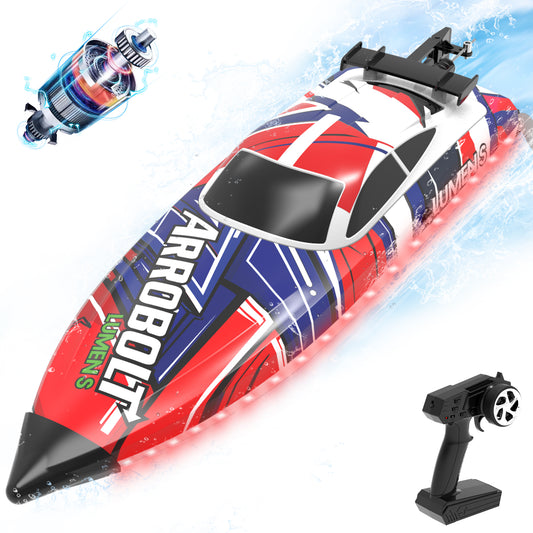
VOLANTEXRC Arrobolt Lumen S Brushless 35+MPH Fast RC Boat for Lakes RED (79706)
Regular price
$111.99
Sale price
$111.99
Regular price
$139.99
VOLANTEXRC Atomic Brushless High Speed Racing RC Catamaran Boat 40mph Fast ABS Unibody Hull
![Atomic X 40mph High Speed RC Boat (792-6) RTR - EXHOBBY]()
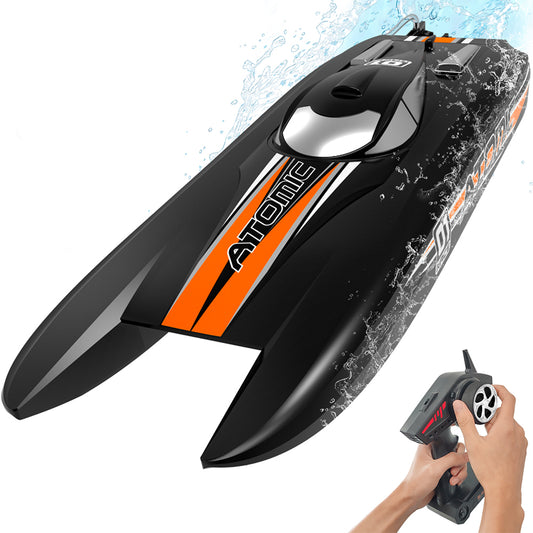
VOLANTEXRC Atomic Brushless High Speed Racing RC Catamaran Boat 40mph Fast ABS Unibody Hull
Regular price
$191.99
Sale price
$191.99
Regular price
$239.99
VOLANTEXRC VectorS Brushless High Speed RC Boat Self Righting for Lake 79704 Blue
![VOLANTEXRC VectorS Brushless High Speed RC Boat Self Righting for Lake 79704 Blue-EXHOBBY LIMITED.]()
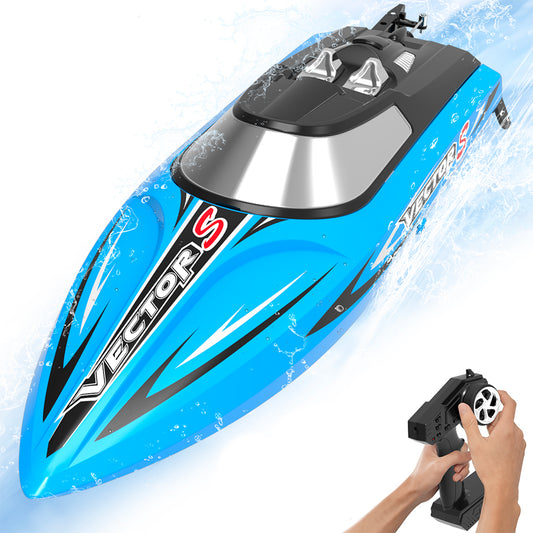
VOLANTEXRC VectorS Brushless High Speed RC Boat Self Righting for Lake 79704 Blue
Regular price
$87.99
Sale price
$87.99
Regular price
$109.99
VOLANTEXRC Arrobolt SR40 Brushless 30+MPH Fast RC Boat, High Speed RC Boat for Adults (79705-blue)
![VOLANTEXRC Arrobolt SR40 Brushless 30+MPH Fast RC Boat, High Speed RC Boat for Adults (79705-blue)-EXHOBBY LIMITED.]()
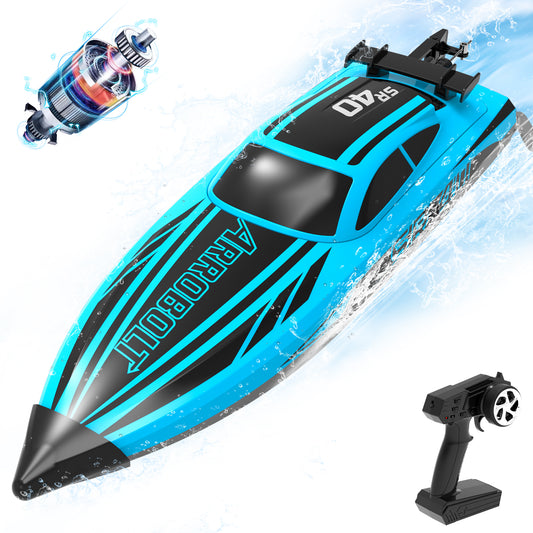
VOLANTEXRC Arrobolt SR40 Brushless 30+MPH Fast RC Boat, High Speed RC Boat for Adults (79705-blue)
Regular price
$103.99
Sale price
$103.99
Regular price
$129.99
VOLANTEXRC Green SR40 Brushless 30+MPH RC Boat (79705)
![VOLANTEXRC Green SR40 Brushless 30+MPH RC Boat (79705)-EXHOBBY LIMITED.]()
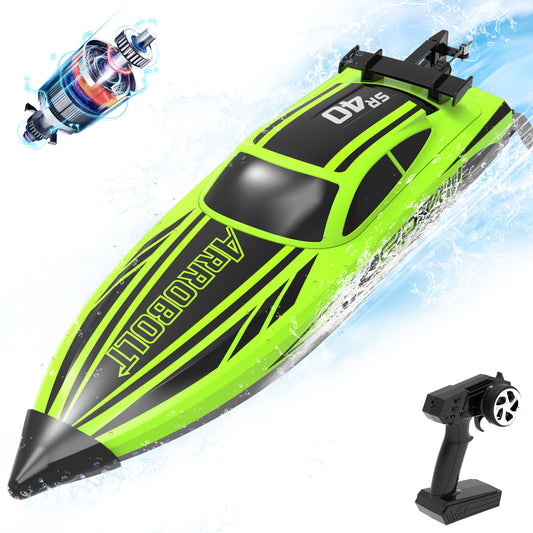
VOLANTEXRC Green SR40 Brushless 30+MPH RC Boat (79705)
Regular price
$103.99
Sale price
$103.99
Regular price
$129.99
VOLANTEXRC Arrobolt Lumen S Brushless 35+MPH Full Proportional Boat GREEN (79706)
![VOLANTEXRC Arrobolt Lumen S Brushless 35+MPH Full Proportional Boat GREEN (79706)-EXHOBBY LIMITED.]()
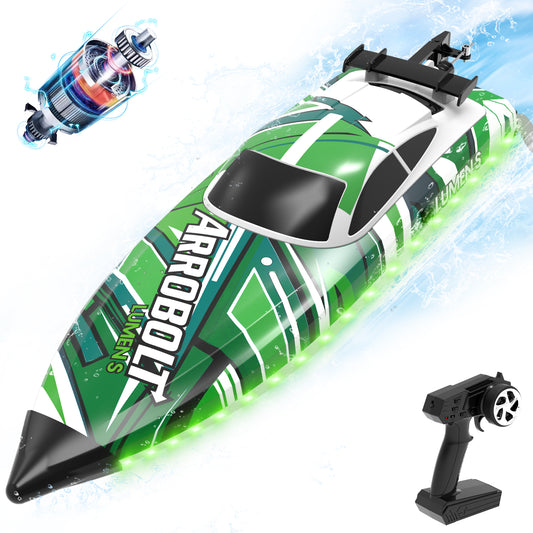
VOLANTEXRC Arrobolt Lumen S Brushless 35+MPH Full Proportional Boat GREEN (79706)
Regular price
$111.99
Sale price
$111.99
Regular price
$139.99
VOLANTEXRC Vector 30 BLUE Self Righting Feature 30mph
![VOLANTEXRC Vector 30 BLUE Self Righting Feature 30mph]()

VOLANTEXRC Vector 30 BLUE Self Righting Feature 30mph
Regular price
$44.79
Sale price
$44.79
Regular price
$55.99
VOLANTEXRC Vector 30 YELLOW Self Righting Feature 30mph
![VOLANTEXRC Vector 30 YELLOW Self Righting Feature 30mph]()

VOLANTEXRC Vector 30 YELLOW Self Righting Feature 30mph
Regular price
$44.79
Sale price
$44.79
Regular price
$55.99
VOLANTEXRC Vector 30 GREEN Self Righting Feature 30mph
![VOLANTEXRC Vector 30 GREEN Self Righting Feature 30mph]()

VOLANTEXRC Vector 30 GREEN Self Righting Feature 30mph
Regular price
$44.79
Sale price
$44.79
Regular price
$55.99
VectorSR65B High-Speed Brushless RC Boat 37MPH Self-righting Reverse RTR
![VectorSR65B High-Speed Brushless RC Boat 37MPH Self-righting Reverse RTR-EXHOBBY LIMITED.]()
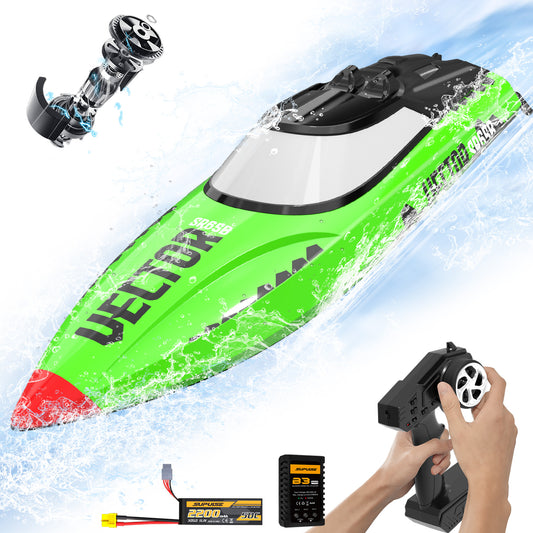
VectorSR65B High-Speed Brushless RC Boat 37MPH Self-righting Reverse RTR
Regular price
$199.99
Sale price
$199.99
Regular price
VOLANTEXRC VectorS Brushless RC Boat Self Righting for Lake Racing Kids Adults Great Gift Boat
![VOLANTEXRC VectorS Brushless RC Boat Self Righting for Lake Racing Kids Adults Great Gift Boat-EXHOBBY LIMITED.]()
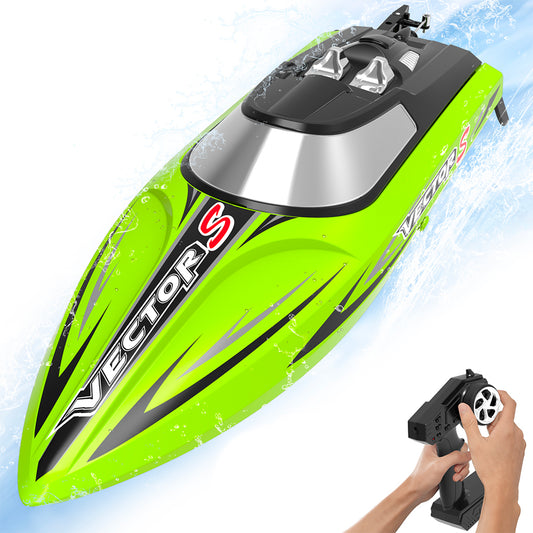
VOLANTEXRC VectorS Brushless RC Boat Self Righting for Lake Racing Kids Adults Great Gift Boat
Regular price
$87.99
Sale price
$87.99
Regular price
$109.99

